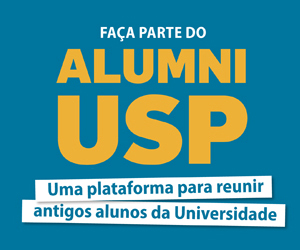JOURNAL CLUB DO DEPARTAMENTO DE FÍSICA DOS MATERIAIS E MECÂNICA
Nesta semana, Oscar Andrés Babilonia Pérez, pós-graduando do Grupo Teórico de Materiais, apresentará o artigo: “Modelling How Incorporation of Divalent Cations Affects Calcite Wettability-Implications for Biomineralisation and Oil Recovery”
Dia: 22 de novembro, terça-feira, Sala de Seminários José Roberto Leite Ed. Alessandro Volta (bloco C) – Sala 110, IFUSP, às 12h10.
Abstract:
Using density functional theory and geochemical speciation modelling, we predicted how solid-fluid interfacial energy is changed, when divalent cations substitute into a calcite surface. The effect on wettability can be dramatic. Trace metal uptake can impact organic compound adsorption, with effects for example, on the ability of organisms to control crystal growth and our ability to predict the wettability of pore surfaces. Wettability influences how easily an organic phase can be removed from a surface, either organic compounds from contaminated soil or crude oil from a reservoir. In our simulations, transition metals substituted exothermically into calcite and more favourably into sites at the surface than in the bulk, meaning that surface properties are more strongly affected than results from bulk experiments imply. As a result of divalent cation substitution, calcite-fluid interfacial energy is significantly altered, enough to change macroscopic contact angle by tens of degrees. Substitution of Sr, Ba and Pb makes surfaces more hydrophobic. With substitution of Mg and the transition metals, calcite becomes more hydrophilic, weakening organic compound adsorption. For biomineralisation, this provides a switch for turning on and off the activity of organic crystal growth inhibitors, thereby controlling the shape of the associated mineral phase. Nature - Scientific Reports - 29 de julho de 2016. Link: http://dx.doi.org/10.1038/srep28854













